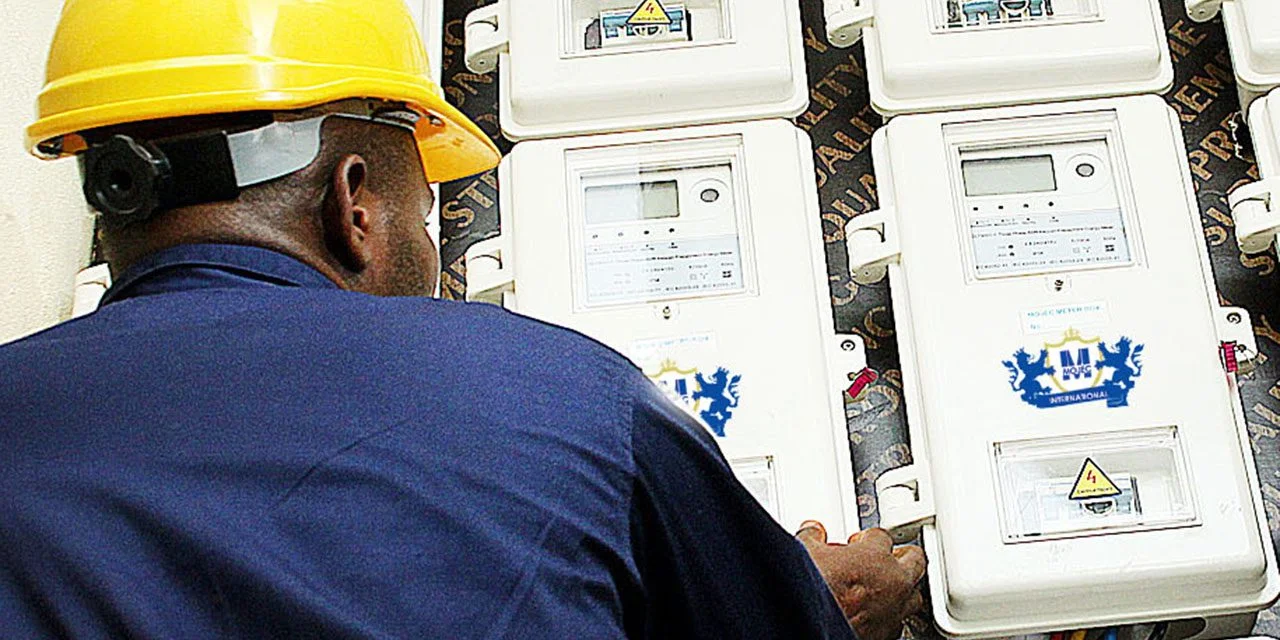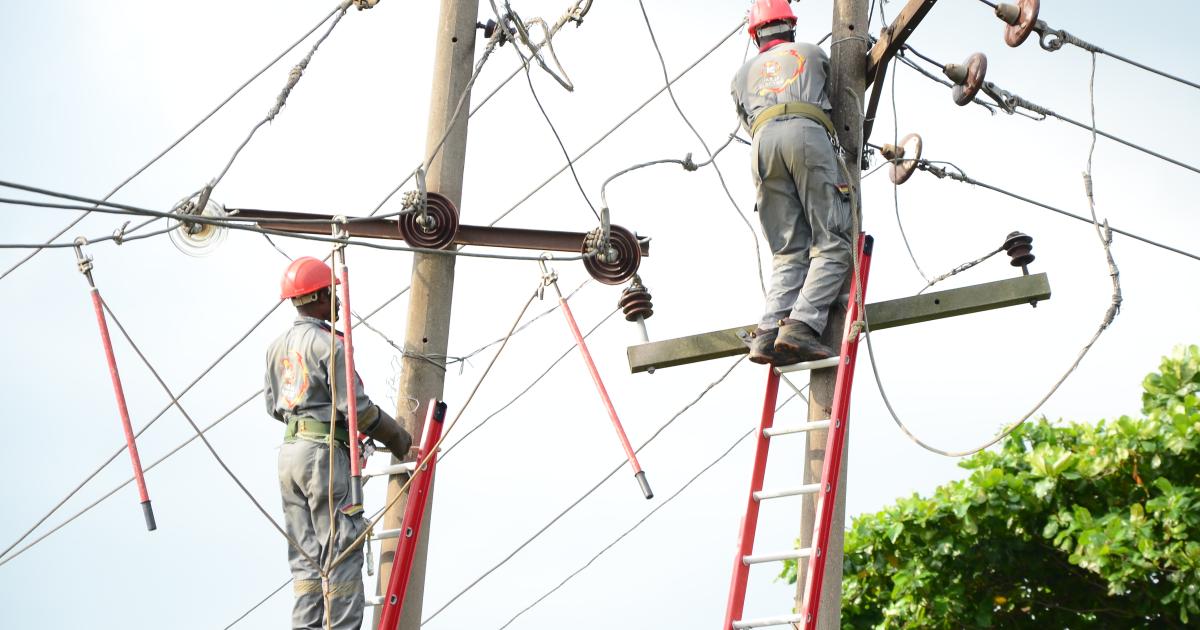By
Emeka Ononamadu
It has been long I planned to attack and expose this shenanigan called electricity band pricing. It has become the recent policy by the Nigerian government and electricity regulators to sell electricity through “band classification” (Band A, B, C, etc.), which is a retrogressive, economically harmful, class-insensitive, and deeply exploitative policy that has far-reaching implications for national unity, economic justice, human rights and the dignity of the Nigerian people and residents.

The justification given is simple: where the electricity distribution companies (DisCos) can guarantee up to 20 hours of electricity supply, they will charge more per kilowatt hour (kWh) — Band A. Areas with lesser hours will fall under Band B or C, at lower tariffs. On the surface, this might appear logical — pay more for better service. But beneath it lies a dangerous logic that entrenches economic apartheid, punishes the poor, and uses basic services to segregate citizens based on class and location.
A policy built on falsehood and injustice
The first problem is the questionable premise that any area in Nigeria currently receives a consistent 20 hours of electricity supply per day. This is, at best, a fantasy in most locations. Yet, consumers are moved to Band A regardless of actual supply performance. Even when the 20-hour threshold is not met, there is no evidence of a rollback to Band B or C pricing. This raises serious questions about the accountability and transparency of both the DisCos and the Nigerian Electricity Regulatory Commission (NERC).
Second, even if electricity supply could be reliably tiered, why should access to a basic utility like power become a tool of economic segregation? A family that lives in an area classified as Band A may not necessarily be wealthy. Many low-income Nigerians — domestic workers, drivers, guards, petty traders — live in high-end neighborhoods because they must be close to their employers. Many of these people live in makeshift shelters, containers, and batchers, but now face the same high electricity tariffs as millionaires. What kind of nation punishes the poor for proximity to the rich?

Segregation through policy: A violation of human rights
This policy, intentionally or not, violates international standards and basic human rights:
• Article 25 of the Universal Declaration of Human Rights affirms the right to a standard of living adequate for health and well-being, including access to essential services like electricity.
• The International Covenant on Economic, Social and Cultural Rights (ICESCR), which Nigeria has ratified, places a duty on the state to ensure non-discriminatory access to public services and to protect citizens from economic exploitation.
• The United Nations Guiding Principles on Business and Human Rights also make it clear that governments have an obligation to protect citizens from rights abuses by private actors, including utilities. By allowing DisCos to arbitrarily impose band classifications, the government is complicit in corporate impunity.
Electricity is no longer a luxury; it is a necessity. Education, health, commerce, and basic communication depend on it. The discriminatory pricing system in Nigeria is not only anti-poor but anti-development. It weaponizes public service delivery and turns inequality into policy.
A deeper economic wound
If the intent is for the rich to pay more, this policy has failed, because the rich already pay more naturally through higher consumption — due to larger homes, more gadgets, and heavier usage. Band A pricing means that poor people living in high-tariff zones are forced to pay rates they cannot afford, and often for service they do not even receive.
This leads to two destructive outcomes:
1. Economic pressure on the poor, who are left with no choice but to reduce food consumption, education for their children, or medical expenses to pay for inflated electricity bills.
2. Backlash from the rich, who may respond to higher overheads by sacking workers, cutting wages, or reducing benefits, thereby further entrenching poverty and inequality.
Ironically, the government claims to be fighting poverty while using electricity pricing to institutionalize it. It is akin to designing a poverty alleviation program that assumes poverty is permanent and immutable.
Which way, Nigeria?
Can the Nigerian government explain how a pricing structure that penalizes citizens for living in certain locations aligns with the spirit of democracy, equity, and justice? Can it explain how this promotes social cohesion or economic empowerment? Or is it a silent way of telling the poor to “stay in your place” — in darkness and deprivation?
Citizens have a constitutional right to live anywhere in Nigeria without being punished or segregated. They also have a right to equal access to public services, regardless of class or location. This band pricing system violates that right. It is not a revenue strategy; it is price colonization and state-enabled exploitation.
Electricity banding, in its current form, is a regressive tax on the poor, a reward for service failure, and a policy mistake that must be reversed. Nigeria cannot achieve national development while entrenching policies that deepen class divisions and choke the economic aspirations of its people.
The government must review this approach and work toward a unified, transparent, consumption-based billing system that reflects actual service delivered, ensures fairness, and aligns with global standards of equity and justice.
Let us not build our power sector on the broken backs of the powerless.
I rest my case.
DR. EMEKA ONONAMADU, FORMER INEC RESIDENT ELECTORAL COMMISSIONER (REC), ENUGU STATE AND FOUNDER OF DEMOCRACY CLINIC, A PRO-DEMOCRACY GROUP, CAN BE REACHED THROUGH: [email protected]

